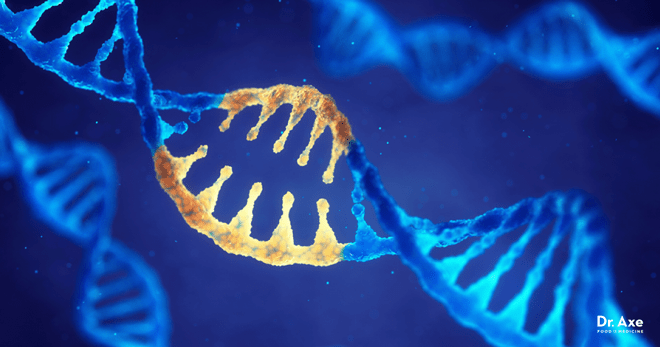The Impact of Social Media on Teenage Mental Health
- Genesis Gazette
- Sep 7, 2024
- 3 min read
By Naisha Rastogi
In an age where screens are omnipresent in our daily lives, social media has become an important and crucial part of how teenagers connect, communicate, and express themselves. But behind the facade of likes, shares, and follows, a darker side of social media is emerging, one which significantly impacts the mental health of our youth especially teenagers and adolescents who are at an impressionable age. How does the online world impact the minds of our youth? What toll does it take on their well-being? These are just some aspects that will be discussed in this blog along with examples and personal experiences.
Comparison with Filter Life Online
One of the most pervasive effects of social media on teenagers is the culture of comparison. Platforms like Instagram and TikTok are full of images and videos that portray an idealised version of life, one which is carefully curated and filtered to highlight only the best moments of one’s life. I remember scrolling through Instagram, feeling inferior and unaccomplished when I saw influencers my age living what seemed like perfect lives. It felt as though everyone else had it all together while I was struggling. For teenagers, whose identities and self-worth are still forming, this can create a dangerous trap. Constantly comparing themselves to the seemingly perfect lives of their peers or influencers can lead to feelings of inadequacy, low self-esteem, and even depression therefore having a negative impact on their overall well-being.
Pressure of Maintaining a “Perfect Image” Online
The pressure to maintain a certain image on social media is another heavy burden for teenagers. Many feel the need to project a flawless persona, carefully crafting their online presence to gain validation in the form of likes and positive comments. This need for validation can create an overwhelming sense of anxiety, as teenagers may worry about not being good enough or fear judgement from their peers. The obsession with online appearance can overshadow real life, leading to social isolation and a distorted sense of self.
Cyberbullying, The Dark Side of Technology
While social media can connect people across the globe, it can also become a breeding ground for cyberbullying. Unlike traditional bullying, which is often limited to certain environments, cyberbullying can follow teenagers everywhere, infiltrating their lives 24/7. I’ve seen friends go through cyberbullying, where the anonymity provided by social media platforms emboldened bullies to make their attacks more vicious. Victims of cyberbullying often experience severe mental health issues, including anxiety, depression, and even suicidal thoughts. The pervasive nature of online harassment can make it feel inescapable, leaving lasting scars on a teenager's mental health.
FOMO (The Fear of Missing Out)
The constant stream of updates and notifications on social media can trigger FOMO, the Fear of Missing Out. For teenagers, seeing their friends or peers participating in events, travelling, or simply having fun can create feelings of exclusion and loneliness. It’s human nature to feel this, I also feel so on multiple occasions that since others are doing this and that, am I not doing enough? This fear can drive them to spend more time on social media, perpetuating a cycle of negativity. The more time they spend online, the more they are exposed to content that exacerbates their FOMO, leading to heightened anxiety and dissatisfaction with their own lives.
The Need for Digital Detox and Finding a Balance
Given the profound impact social media has on the mental health of teenagers, it's crucial to find ways to mitigate its negative effects. Encouraging digital detoxes, where teenagers take breaks from social media, can help them reconnect with reality and reduce the pressure to maintain an online persona. I try my best to do this myself as well as I do believe in a balance. Whenever I get time away from studies, I try my best to spend it away from the screen with any sort of recreational activity from tennis to maybe simply closing my eyes for a few minutes. Promoting awareness about the curated nature of social media can also help teenagers develop a healthier relationship with these platforms. By understanding that what they see online is not always an accurate representation of reality, they can better navigate the digital landscape without falling into the comparison trap.
Conclusion
Social media is a double-edged sword, it offers connection and community but also brings with it a host of mental health challenges for teenagers. As they navigate the pressures of comparison, the fear of missing out, and the risks of cyberbullying, it's essential to foster open conversations about the impact of social media on their well-being. By creating a supportive environment where teenagers can discuss their experiences and learn to balance their online and offline lives, we can help them build resilience and maintain a positive self-image in the digital age. It's time to take action and ensure that social media is a tool for empowerment, not a source of anxiety.








Comments